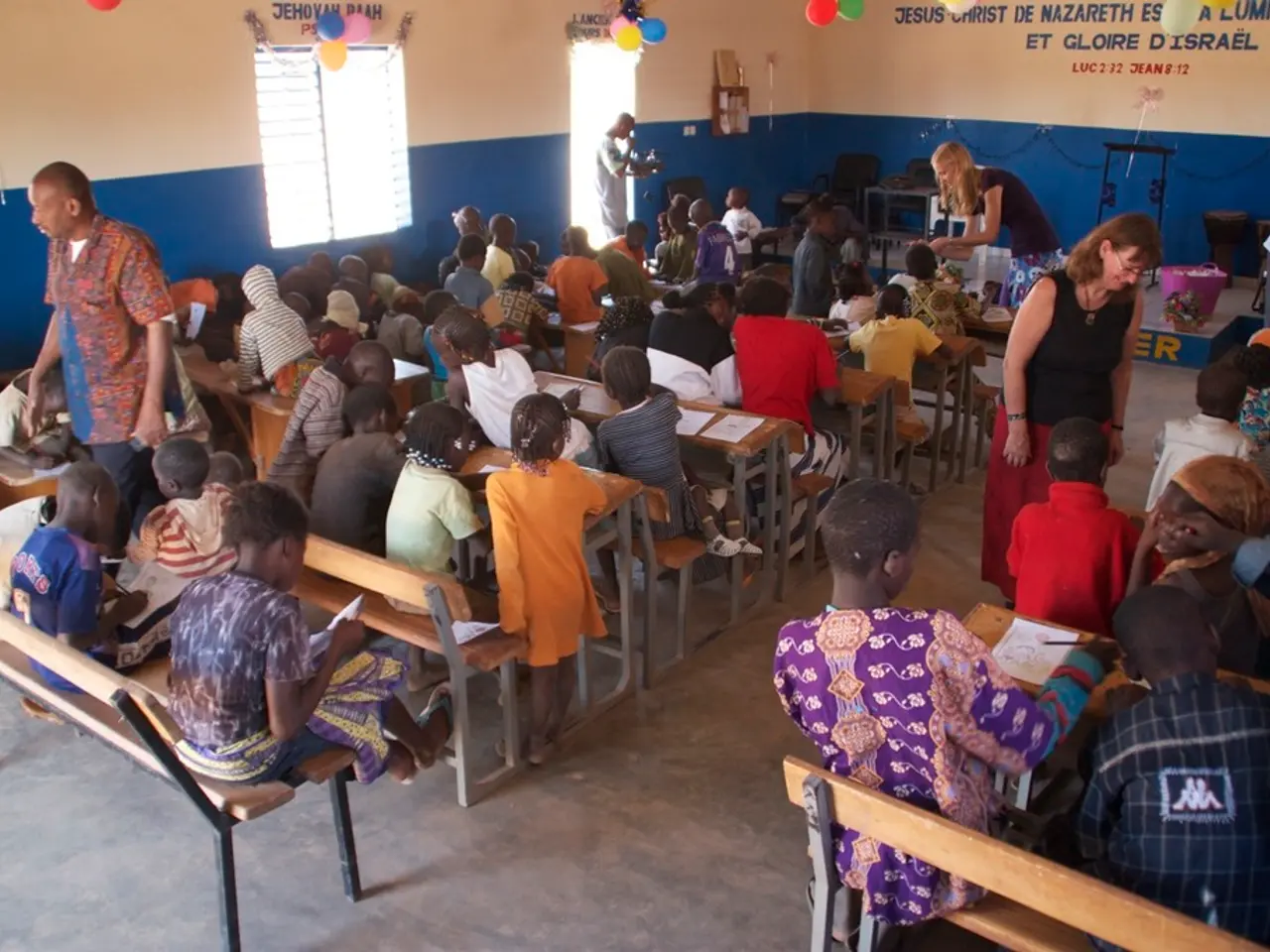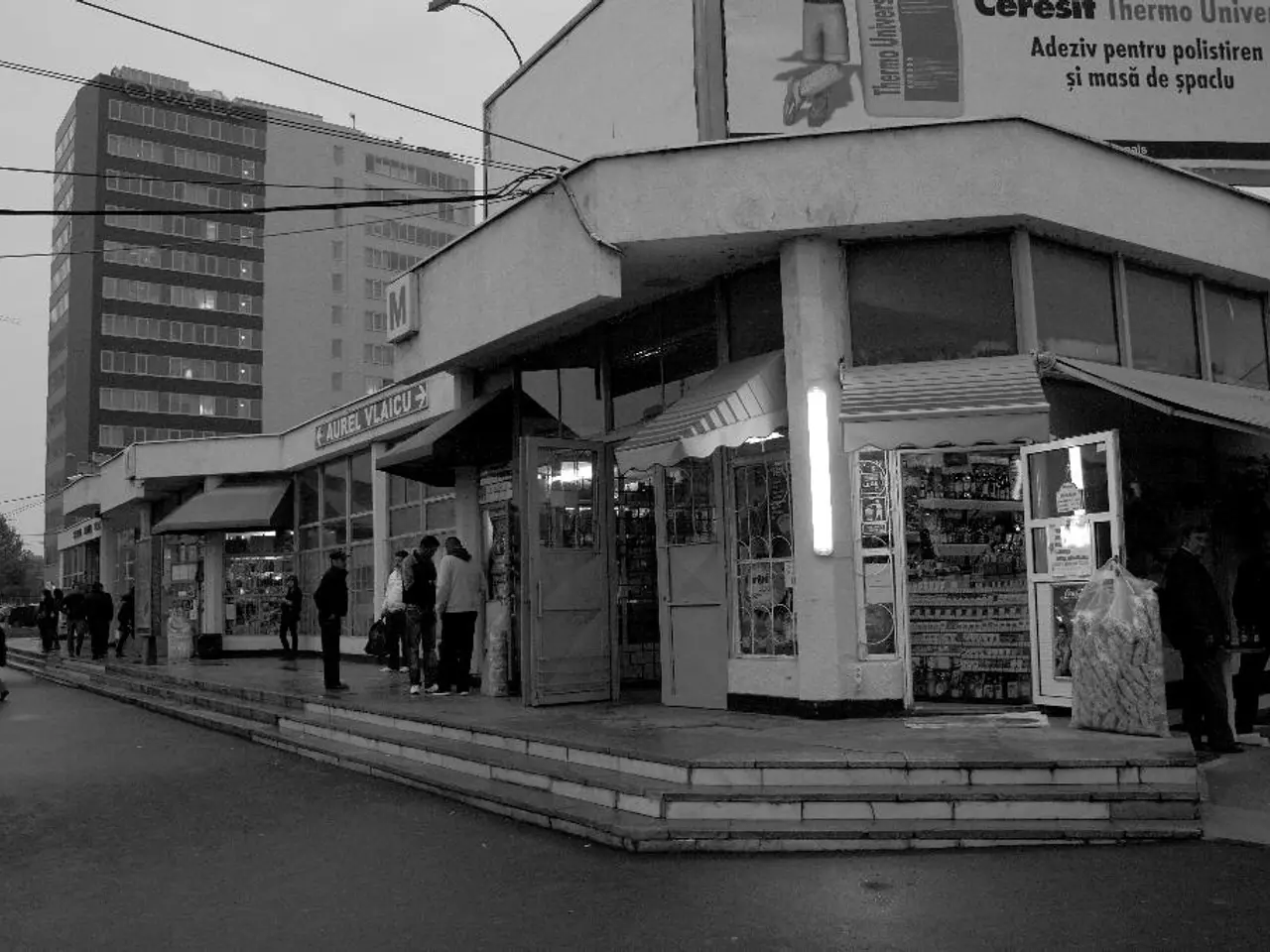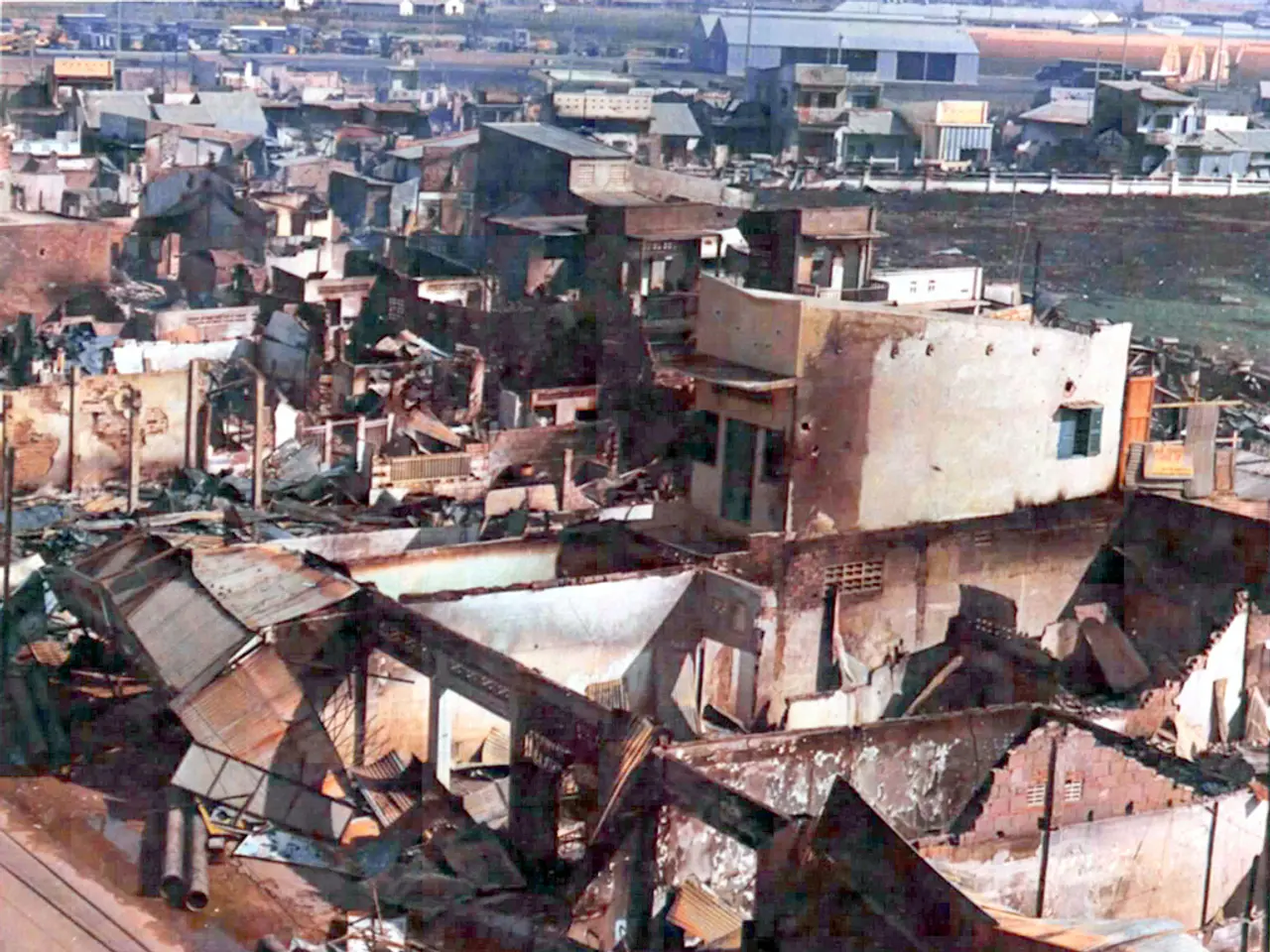Government deliberating over potential acceptance of kids from the Middle Eastern regions
In a humanitarian move, the cities of Hannover and Duesseldorf have announced their intention to take in children from the Gaza Strip and Israel who are in need of protection or are traumatized. The mayors of both cities, Belit Onay (Hannover) and Stephan Keller (Duesseldorf), along with their respective parties, have emphasized a shared stance of attitude and humanity on this issue.
Hannover has pledged to take in up to 20 children, with potential expansion via host or foster families. The city's main focus is the expansion of medical aid for these children. Mayor Onay has appealed to the federal government for political support for entry procedures, selection, and medical coordination.
Duesseldorf, on the other hand, is still in the process of exploring the chances of implementing the project. Initial talks have already taken place, including with the Jewish community and the circle of Duesseldorf's Muslims. Concrete plans for this action are currently being examined by the city with its partners. Duesseldorf's mayor, Clara Gerlach (Greens), and mayoral candidate Fabian Zachel (SPD) have also shown their support for the initiative.
However, the German Federal Government needs to address several obstacles to facilitate the acceptance of these children by cities like Hannover and Duesseldorf. These include legal and protection frameworks, coordination between federal and local authorities, psychosocial and medical support infrastructure, integration and social services, political and public acceptance challenges, and legal uncertainties from international conflicts.
The Federal Ministry of the Interior has responded cautiously, stating that factors such as the security situation, the possibility of leaving, and others are important considerations. The ministry has not yet made a definitive decision on the matter.
Other cities are interested in participating in similar programs. The expansion of medical aid on site and in the region is the main focus for the cities involved. As the situation develops, it is hoped that more cities will join in this humanitarian effort to provide support and care for these traumatized children.
- The ongoing war-and-conflicts in the Gaza Strip and Israel have caused a need for migration of traumatized children, prompting cities like Hannover and Duesseldorf to take action through policy-and-legislation, as exemplified by Mayor Onay's appeal to the federal government for political support.
- As the German Federal Government grapples with the obstacles related to facilitating the acceptance of these children, such as legal frameworks, protection, integration, and public acceptance, the focus of cities like Hannover and Duesseldorf remains on providing general-news headlines about humanitarian efforts, growing support from political parties, and the expansion of medical aid.
- Amid growing interest from other cities to participate in similar programs, the future direction of migration policy for traumatized children may hinge on the federal government's response, as well as the resolution of conflict zones and buildup of necessary support infrastructure, thereby enabling a more comprehensive and effective humanitarian response.





